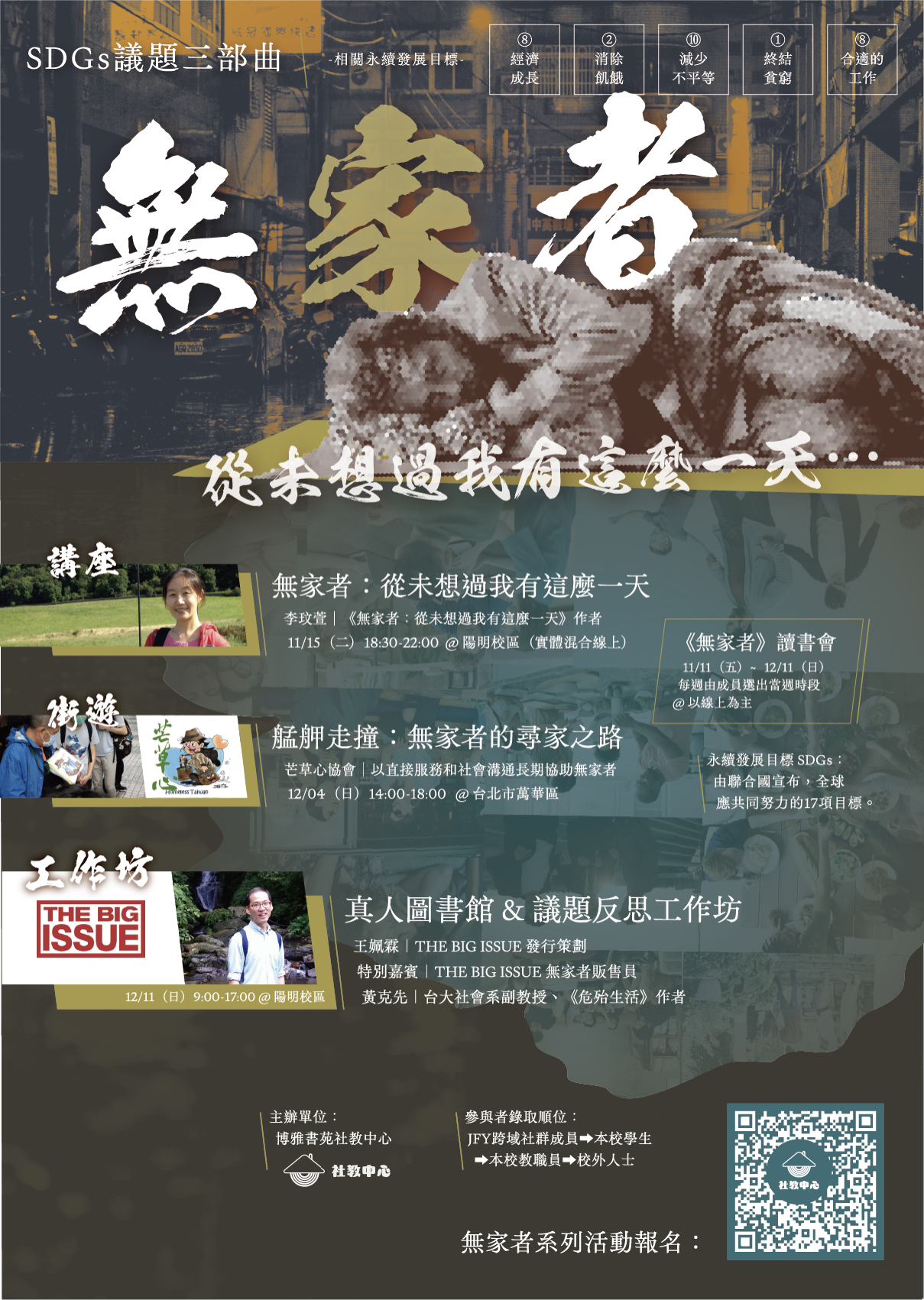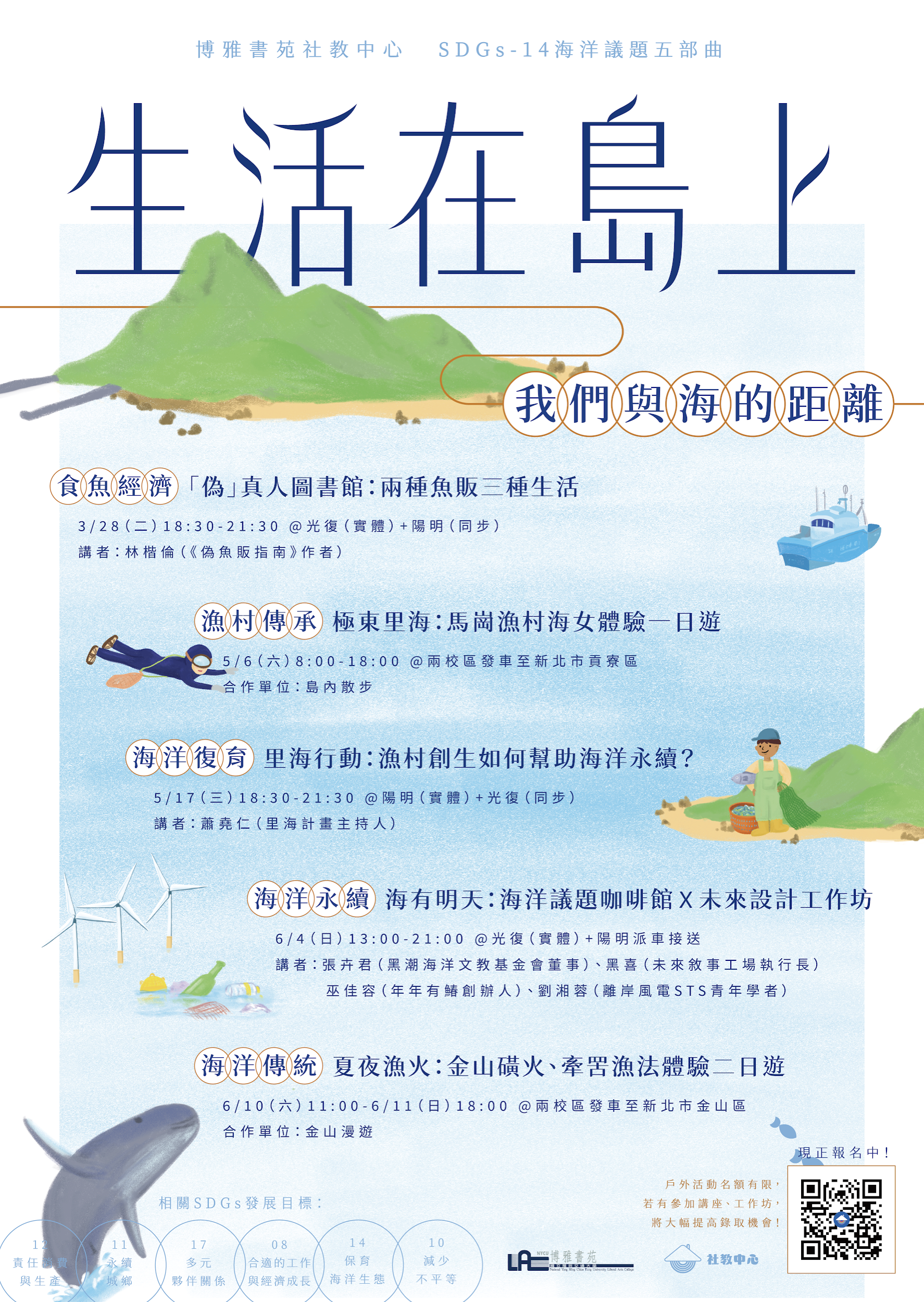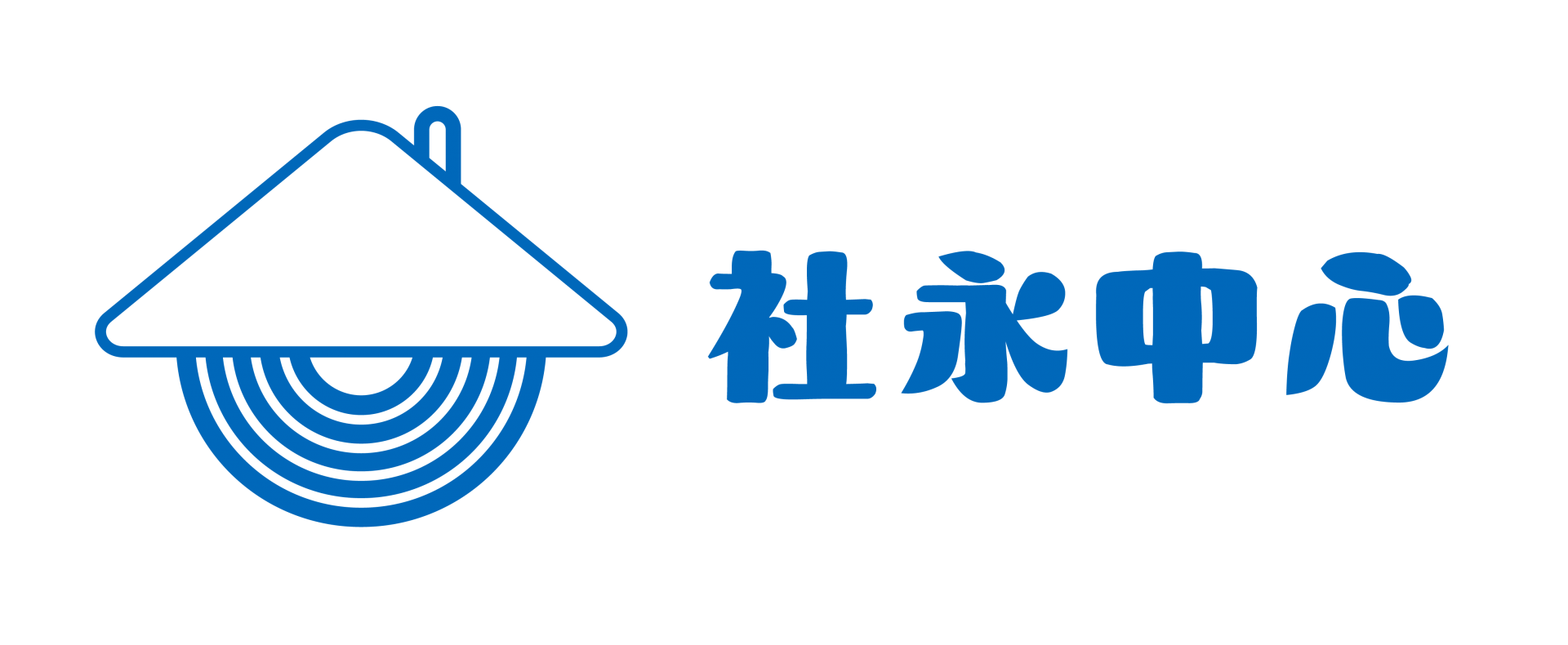- Home
- Introduction
Introduction
Whether it is a corner of society or the natural environment, when people are aware of the problems that occur, they become "issues." Guided by the United Nations Sustainable Development Goals (SDGs), the Sustainable and Peer Education Center will use an indicator as the core issue every semester. Plan a series of activities around this topic. For example, in the 111-1 semester, we focused on "SDG1 Poverty Eradication" and "Homeless People" as the topic, and designed a series of three activities called "Homeless People: I Never Thought I Would Have Such a Day"; 111-2 During the semester, with "SDG14 Underwater Life" as the center and "Ocean Sustainability" as the topic, five series of activities were designed, "Living on the Island: Our Distance from the Sea."
The spirit of the series of activities is "experiential learning". In addition to typical lectures, we also have street games, real-life libraries, walking tours, landscape exploration, design thinking workshops, future design workshops and other diverse forms. The activities are expected to allow students to truly enter the scene where the issue occurs, or see the protagonist (not necessarily a human being) who is trapped by the issue, interact with them, and resonate and empathize with them. Because, for any issue, academic training can provide intellectual training, but only experience can truly make people empathize, and then begin to consciously pay attention to various issues, critically think about the unreasonableness of the status quo, and think about their own profession. possible solutions.


